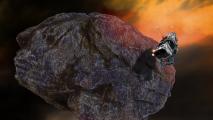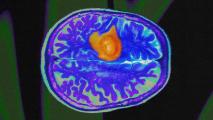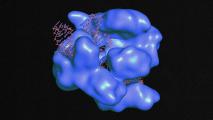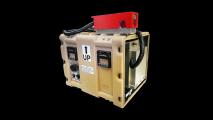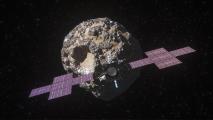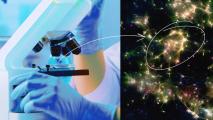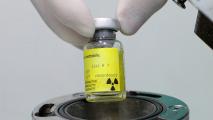Future Explored
This is Future Explored, your guide to world-changing technology. You can get stories like these straight to your inbox by subscribing below.
Get every issue in your inbox.
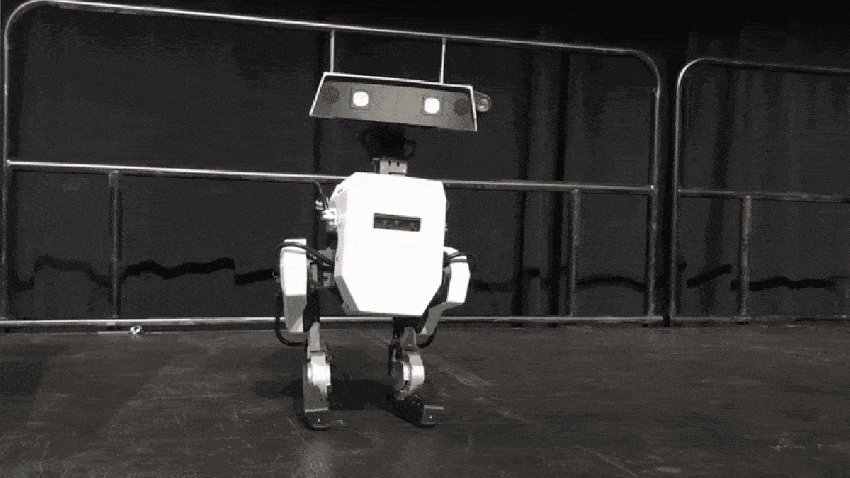
More Editions
Brain implant lets cancer patients try 20 different drugs at a time
A microdevice that injects up to 20 drugs into gliomas at once could help doctors quickly identify the best treatment for cancer patients.
At least 5 people have been cured of HIV. Is the AIDS pandemic ending?
A handful of people have already been functionally cured of HIV — and new, universal cures are just on the horizon.
The US military just got its hands on a mini laser weapon
Laser weapons could shape the future of warfare — and the US military just got a “mini” version of the tech.
New obesity treatments could reshape the world
New obesity treatments, including GLP-1 agonists and gene therapies, could make it easier for people to lose weight and keep it off.
Hackers get AI to share credit card info and endorse hate speech
At DEFCON 2023, ethical hackers targeted generative AIs by OpenAI, Google, and other tech leaders to aid responsible AI development.
NASA mission to a $10,000-quadrillion asteroid is two months from launch
NASA hopes to get a glimpse at Earth’s core by sending a spacecraft to 16 Psyche, an metal-rich asteroid 280 million miles away.
Australian military is funding a computer chip merged with human brain cells
The Australian military is funding research into “organoid intelligence” that involves stimulating lab-grown mini-brains with electrodes.
Two CRISPR treatments for Alzheimer’s ace early studies
Two teams of researchers have used CRISPR to alter the genes of mice to alleviate signs of Alzheimer’s disease.
Radioactive drugs are transforming cancer treatment
Radiopharmaceuticals allow doctors to directly target patients’ cancer cells and avoid healthy tissue typically damaged by radiation therapy.
A functional cure for brittle diabetes is now available in the US
Islet transplantation, a procedure shown to functionally cure some people with hard-to-control brittle diabetes, has been approved in the US.

